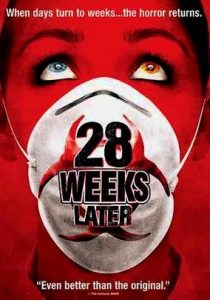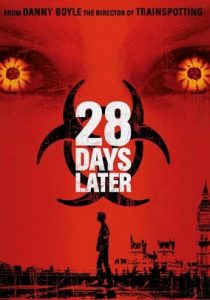Ex Machina-2015
Director Alex Garland
Starring Domhnall Gleeson, Alicia Vikander, Oscar Isaac
Scott’s Review #410

Reviewed June 17, 2016
Grade: B+
Ex Machina (2015) reminds me of another recent science-fiction film, Her (2013), with more of a female empowerment edge. The latter is more of a romantic drama with undercurrents of love.
In contrast, Ex Machina has a cynical tone and elements of imprisonment and psychosis, even narcissism.
The film features excellent visual effects and a futuristic mystique, making it a successful treatment.
Directed by first-timer Alex Garland, who could very well be a director to watch rise the ranks with subsequent projects.
Young, fresh-faced computer programmer, Caleb Smith (Domhnall Gleeson), wins a week-long trip to remote Alaska, to spend it with his mysterious boss, Nathan Bateman (Oscar Isaac), the CEO of a software company.
Caleb must arrive at the luxurious, sprawling estate via helicopter as it is in a deserted area of the world and exists on mile after mile of the gorgeous landscape.
Nathan, played by Oscar Isaac, is both charismatic and creepy. He lives alone save for a beautiful Asian servant named Kyoko, who speaks no English, and a female robot named Ava (played by rising star Alicia Vikander).
Caleb’s assigned task is to study Ava and determine whether he can relate to her as a human while knowing she is a robot. It is soon revealed that Nathan plans to reprogram Ava, thereby killing her. Caleb schemes to rescue Ava, but is all that it seems?
With a cast of only four principals, it is not difficult to assess each character and their relations with each other. Caleb is the least complex of the four or rather, the one with motivations readily apparent.
The others are shrouded in mystery. Caleb expects a fun getaway but instead finds himself amid experimentation. Is Nathan’s desire to perform psychological tests on Ava, by way of Caleb, genuine?
The audience can sense immediately that there is something off about Nathan. Merely in his thirties, how could he amass such financial success so soon?
Why is he, a servant, and a robot the only inhabitants? Why does the helicopter pilot refuse to venture further than the drop-off point?
Some of these questions are answered, some remain unanswered. It is part of what makes the film mysterious and complex. Could Ava be the one doing her share of experimentation or manipulation?
Alicia Vikander deserves much praise for her role as Ava and some would argue that the talented young actress should have won the Best Supporting Actress trophy for this role instead of for The Danish Girl (2015).
I’m not sure I would leap to the same conclusion, but she does amass a ton of subdued emotion as Ava. She is complex and profound. She longs for exposure to the outside world and would love to cross a crowded street to see all the faces and different types of people.
Like Nathan, there is also something not right about Ava.
Is she calculating or simply soulful? But how can she be, she is a robot.
I compared her to another famous film robot/computer- HAL from 2001: A Space Odyssey (1968).
Along with Vikander, Isaac steals the film in a role that mixes creep with genius. He sits around his estate in comfy clothes a blue-collar man might wear drinking beer and studying Ava. He has sexual relations with his servant and she is expressionless.
He does not treat her well so we do not root for his character. At the same time, his character is tough to read. Is he experimenting on Ava or Caleb?
Visually, Ex Machina has a sleek blend of modern, crisp CGI, not at all usurping the story. There is also a scene of bloodletting that chills as much as any good horror film would.
Garland was heavily influenced by 2001: A Space Odyssey and Altered States (1980) and made the film with as little budget as possible and without outside influences that might change his vision.
I commend this and wish more filmmakers would follow suit.
Ex Machina (2015), while perhaps not perfect, could be a blueprint for what is to come from this young director.
Oscar Nominations: 1 win-Best Original Screenplay, Best Visual Effects (won)



